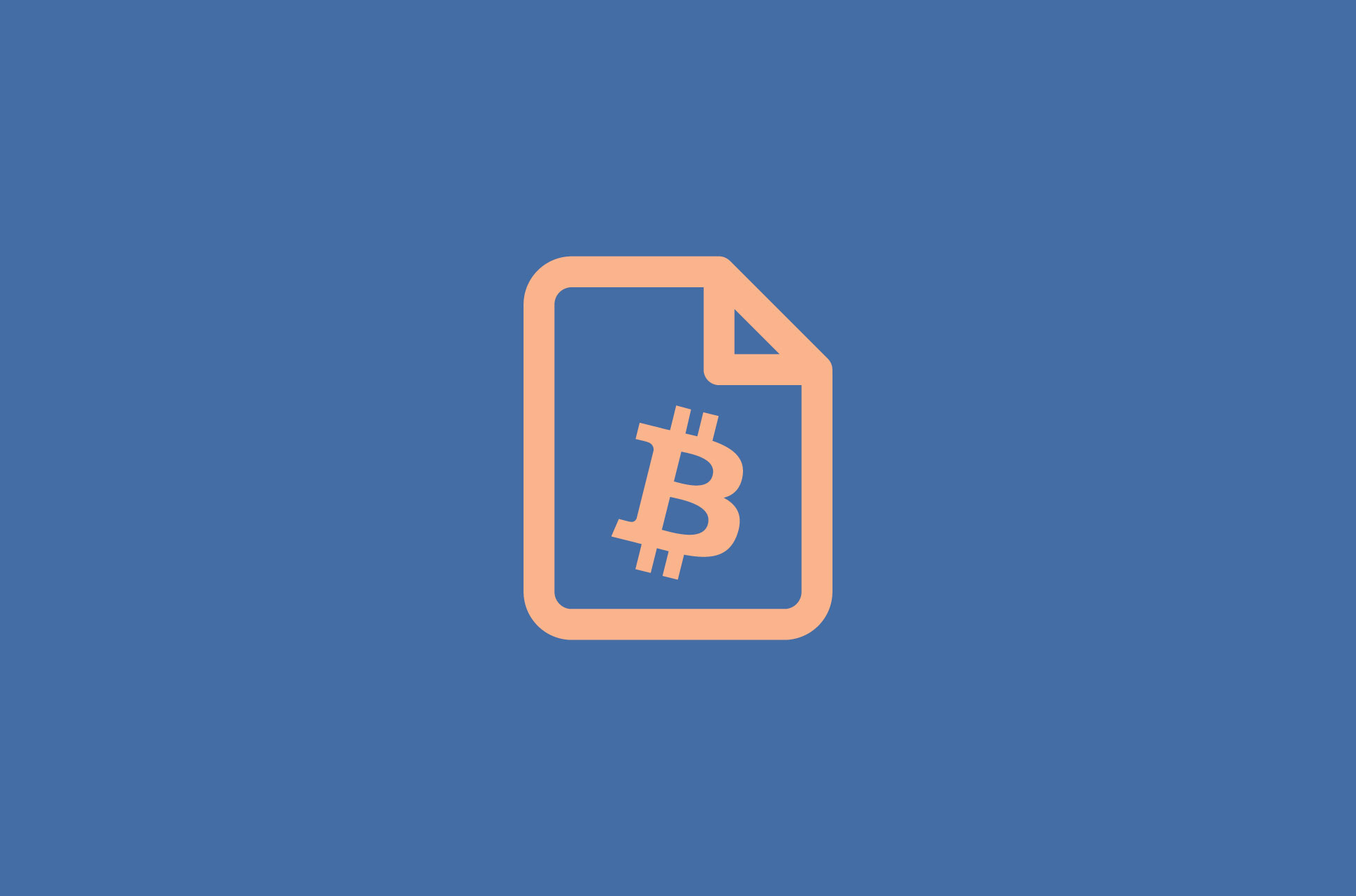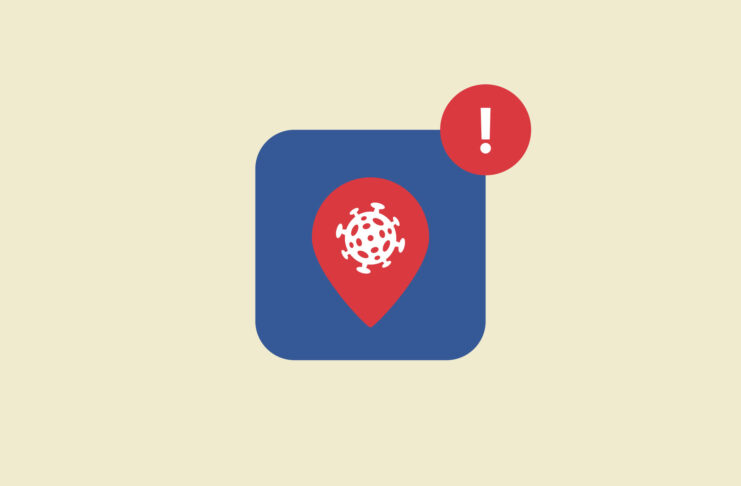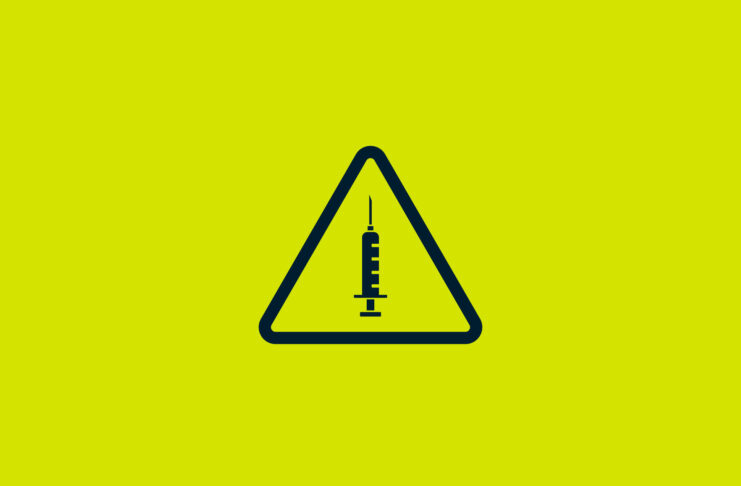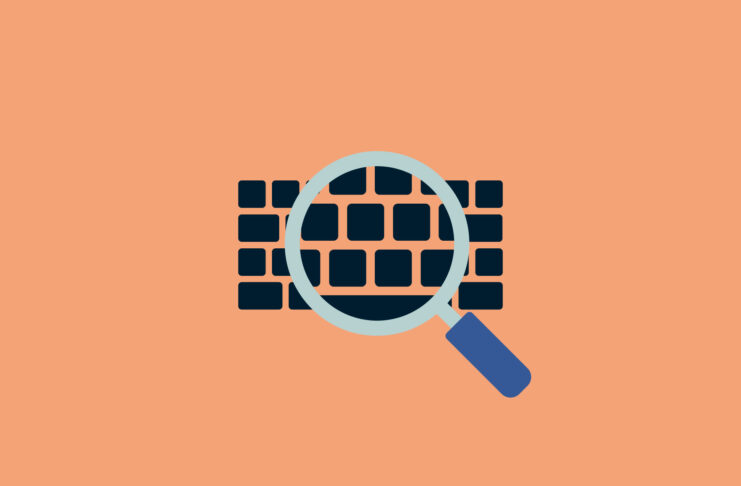Internet freedoms have been declining for a decade now, and in fact this decline accelerated during the pandemic, according to Freedom House’s latest report.
Internet shutdowns in particular have been one strategy that we’ve seen repeatedly over the past year.
With countries becoming more comfortable blocking internet access, users are looking for ways to avoid censorship and to ensure continued access to a free and open internet.
What is an internet shutdown?
According to AccessNow:
“An internet shutdown happens when someone—usually a government—intentionally disrupts the internet or mobile apps to control what people say or do.”
Internet shutdowns can either be total, where all access is blocked, or partial, where only certain websites or apps (like Twitter, Google, and Facebook) are inaccessible.
Total shutdowns are rarer, because the economic cost of keeping people from doing business on the internet could run into hundreds of millions of dollars.
[Stay on top of the latest in digital freedoms. Subscribe to the Blog Newsletter.]
Where are these shutdowns happening, and why?
Partial shutdowns are happening with greater frequency in countries in Asia and East & Central Africa.
A Top10VPN report found 21 countries across four continents participating in significant internet shutdowns in 2020, mostly in response to civil unrest surrounding elections. The official justification for the shutdowns were frequently to uphold national security, maintain public safety, and prevent “fake news” from spreading.
Internet shutdowns are only increasing in frequency as a form of internet control during such political moments. The first few weeks of 2021 have already seen internet shutdowns take place in India, Myanmar, and Uganda during elections and anti-coup protests, and it is likely we’ll be seeing similar shutdowns for the dozens of countries holding general elections this year.
What are the consequences of internet shutdowns?
By diminishing internet freedoms, governments are stifling economic growth.
With business and the internet tightly intertwined, disruption to internet access means a disruption to the country’s economy. According to research done by the Brookings Institution, shutdowns between 2015 and 2016 cost 2.4 billion USD in total, with India accounting for 968 million USD of that total. (You can check where shutdowns are currently happening in India here.)
Internet lockdowns also infringe on the fundamental right to internet access, which the UN Human Rights Council Resolution adopted in 2016. By blocking the web, countries risk increasing resentment towards the government, which could, in turn, encourage the government to further tighten its grip over internet access, sending countries spiraling into digital authoritarian rule. Some countries are already there.
What can you do to survive an internet shutdown?
With the increasing frequency of internet blackouts around the world, users are forced to find ways to circumvent them. Here are a few ways to remain online if you get caught in an internet shutdown.
1. Use circumvention tools like Tor
Tor is a free and open-source software that will protect you from people who may want to spy on your browsing habits. When it comes to achieving anonymity on the internet, it is virtually unbeatable.
2. Get a VPN
With a good VPN you can secure your access to the internet in its freest and most unrestricted form.
Using Tor over VPN will increase your privacy further. Simply connect to your VPN, then open the Tor Browser.
3. Stock up on tools and apps that protect your privacy and security
Start by using HTTPS Everywhere (which is also integrated into ExpressVPN’s browser extensions for Chrome, Firefox, and Edge) to secure your browsing on a particular site. Make sure you’re using a browser that puts your privacy first; Tor is our firmly recommended favorite, but Mozilla’s Firefox also works well.
You’ll also want to start using more secure communications if you haven’t already, such as by messaging with Signal.
After following these three steps, you’ll be able to survive in most countries implementing an internet shutdown. Just make sure to exercise caution when using these tools, as you may be living in a country where such use could be penalized.
Read next: From one internet to multiple webs: Why is the internet fragmenting?



























I really like ExpressVPN, its informative and they are quick when you have an issue. THANK YOU!
Thank you but what is the best way to stop the hackers
Using a VPN is one way to prevent hackers from seeing what you’re doing online and stealing your personal information. How it works: https://www.expressvpn.com/what-is-vpn/wifi-vpn
For companies to prevent data breaches by hackers, they need to adopt strong cybersecurity. https://www.expressvpn.com/blog/what-is-cybersecurity-and-why-is-it-important/
I’m living inside Myanmar risking an internet shutdown any time now. I hope these tips will help me.
Good afternoon. Is there any way to get internet service if my internet provider decided to turn it off
I use DuckDuckGo as my web browser,, should l change to tor instead?
Cheers 👍
Tor is a web browser that provides a high degree of privacy and anonymity. DuckDuckGo is a search engine that doesn’t track your searches. You can use the two together. You can also use Tor with a VPN for maximum security. https://www.expressvpn.com/vpn-service/tor-vpn
How about using satellite internet?
Use the Inreach and communicate directly via satellite with mail
Infinite sandwiches for your dreams if you bring more similar news of global scale instead.
Hii i am kunal solanki
A virtual ham and cheese sandwich is in transit Jamie.
Enjoy!
M.